David Kessler – The Sixth Stage of Grief Helping Clients & Patients Find Meaning after Loss
$149.00 Original price was: $149.00.$44.00Current price is: $44.00.
Digital Download: You will receive a download link via your order email
Should you have any questions, please contact us: [email protected]
 David Kessler – The Sixth Stage of Grief Helping Clients & Patients Find Meaning after Loss
David Kessler – The Sixth Stage of Grief Helping Clients & Patients Find Meaning after Loss
The only constant now is loss.
Because of the Covid-19 pandemic, many of us have lost loved ones AND the comfort of mourning together as families and communities.
We’ve all lost time, routines, income, connections… The normalcy of life as we knew it is gone.
Not only that, but many of your clients are struggling with trauma. And ALL trauma has grief because trauma IS loss.
The loss of innocence, trust, freedom, stability, even their worldview may be shattered after trauma.
Grief is a normal reaction to trauma, which means that if you treat clients with trauma, you also need to know how to treat grief.
Knowing Elisabeth Kübler-Ross’s renowned five stages of grief (denial, anger, bargaining, depression, and acceptance) is a start. But there’s more to it than that.
In fact, a sixth stage of grief has been officially added to the grieving framework (with permission from her family and The Elisabeth Kübler-Ross Foundation).
And it’s here, in this stage, where clients find the power to transform their grief, move away from suffering, and find peace and hope after loss.
In this all-new online course from the world’s foremost expert on grief, David Kessler, you’ll discover how to guide clients and patients through life’s worst moments to find a life worth living.
Register now to discover the new insight, tools, strategies, and inspiring information that will enhance your work with clients dealing with trauma and any kind of loss.
What you’ll find in this course
- Why the stages were never meant to be linear
- What is making meaning in grief?
- Types of meaning making
- How meaning can help remember the person who died with more love than pain
- Why a sixth stage is the key to recovery from grief
- Keys to finding acceptance and moving into the sixth stage
- Mirroring techniques
- The cost of trying to “fix” those who are grieving
- Go beyond active listening skills to connect
- The consequence of trying to find meaning too early
- Strategies to address guilt, shame and stigma in grief
- How to increase resilience after loss
- Use positive psychology to increase the possibility of post traumatic growth
- Understand the “meaning” we attach to the traumatic loss or death
- How to decrease catastrophizing after loss
- Learn ways to instill good memories instead of painful ones
- Simplifying grief models and exploring new models, including resiliency and Option B
- Meaning making as a new tool for dealing with murder, multiple losses, Alzheimer’s
- Techniques for strength-based grief counseling
- Post traumatic growth vs Post traumatic trauma
- Techniques for releasing the obsessive replaying of the trauma/death
- Understand the impact of child loss
- Learn ways to be comfortable with treating this type of loss
- Techniques for helping parents who are often grieving differently
- Learn ways to help sustain the marriage through tremendous loss
- Ways to help parents deal with the discomfort of living and loving again
- Address intimacy issues that may come up in grief
- Tools for dealing with the “what if’s” and “if only’s”
- Understand the true “why” of death by suicide
- Ways to help others find peace again
- Meaning making for healing self-blame
- How to help loved one’s sort through the shame and isolation
- Understand the roles they did and didn’t play in an addiction death
- Shootings/hurricanes/earthquakes and terrorist’s acts
- Techniques for approaching horrific crime and/or disaster scenes
- The impact of natural vs. manmade disasters
- Use meaning to reframe divorce and heal shame
- Heal after betrayal by understanding its meaning
- Understand the true meaning of marriage after it ends
- Interpret the meaning behind negative reoccurring patterns
- Negative meanings we make after a relationship ends
- Learn techniques to heal a relationship after death
- Understand patterns that can heal that relationship and help in all future relationships
- Learn ways to help your client find peace in difficult relationships
- Effective and ineffective models of continuing connections for living a full life
- Use the model of continuing bonds and connections for healing
- Learn ways to normalize client experiences around continued connections with loved ones that have died
Who is this course for?
This training is for anyone and everyone, since we’ll all experience grief. CE credit is provided for:
- Counselors
- Social Workers
- Psychologists
- Nurses
- Case Managers
- Marriage & Family Therapists
- Chaplains/Clergy Hospitals
- Palliative Care Services
- Other Mental Health Professionals
Meet Your Grief Expert:

David Kessler is the world’s foremost expert on grief and loss. His work has been featured in the New York Times, Los Angeles Times, Business Week, and Life Magazine, and on CNN, Fox, NBC, PBS, and CBS. His experience with thousands of people on the edge of life and death has taught him the secrets to living a happy and fulfilled life, even after life’s tragedies.
Sale Page: https://catalog.pesi.com/sales/bh_c_001408_sixthstagegrief_organic-141172
Archive: https://archive.fo/wip/y5tTq
Delivery Method
Be the first to review “David Kessler – The Sixth Stage of Grief Helping Clients & Patients Find Meaning after Loss” Cancel reply
Related Products
Medical & Health
Personal Development
[Download Now] David Kessler On Grief and Grieving – David Kessler
Medical & Health
Medical & Health
Medical & Health
David Kessler – Grieving and Remembering Well: Tools for Healing
Medical & Health
Psychology & Body Language

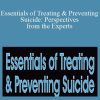
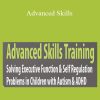
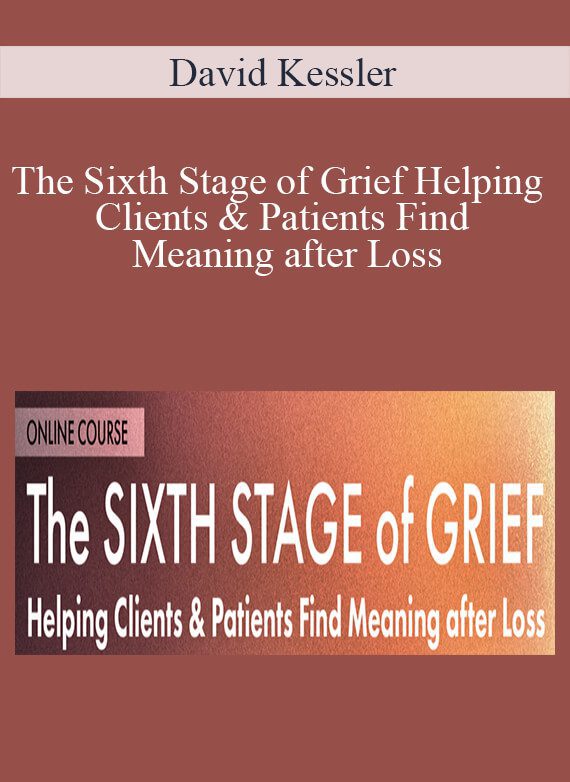
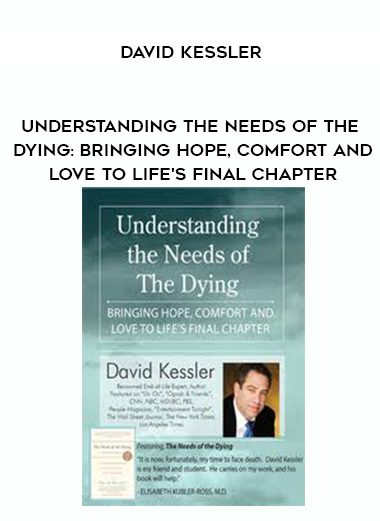
![[Download Now] David Kessler On Grief and Grieving – David Kessler](https://imcourse.digital/wp-content/uploads/2022/02/David-Kessler-On-Grief-and-Grieving-–-David-Kessler.jpg)
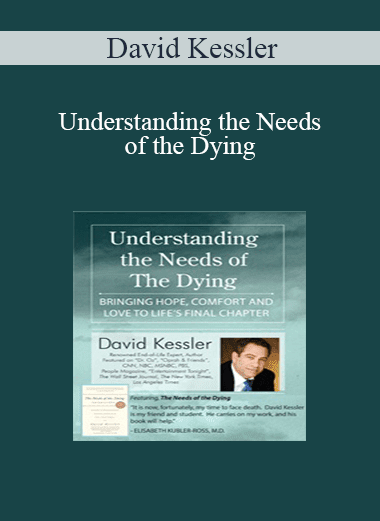
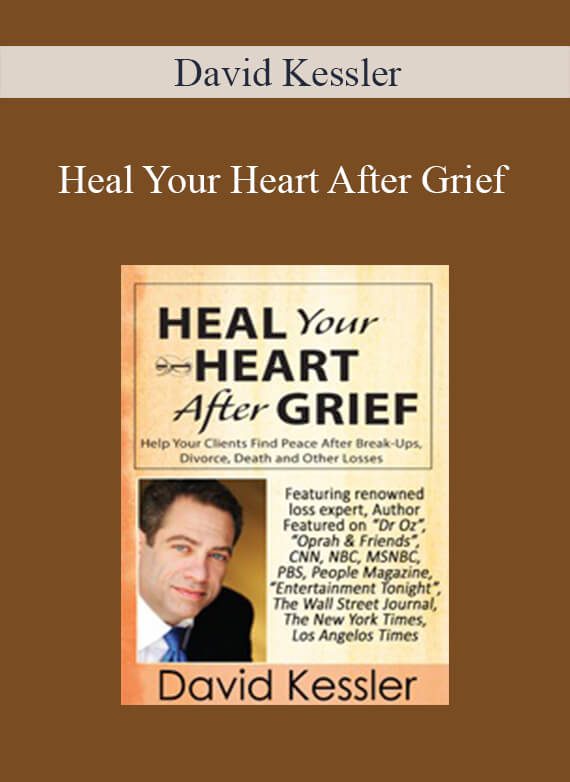
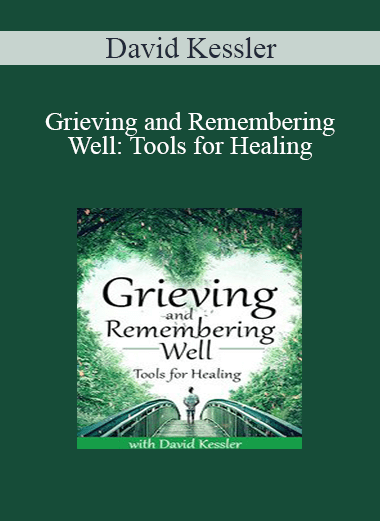
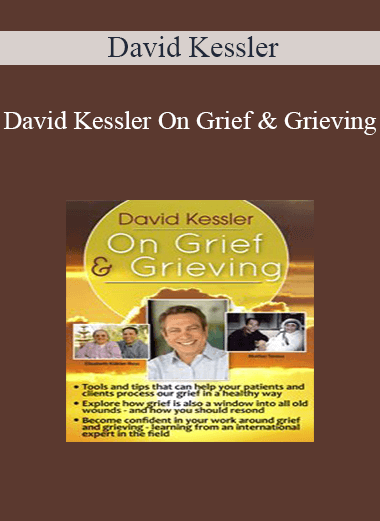
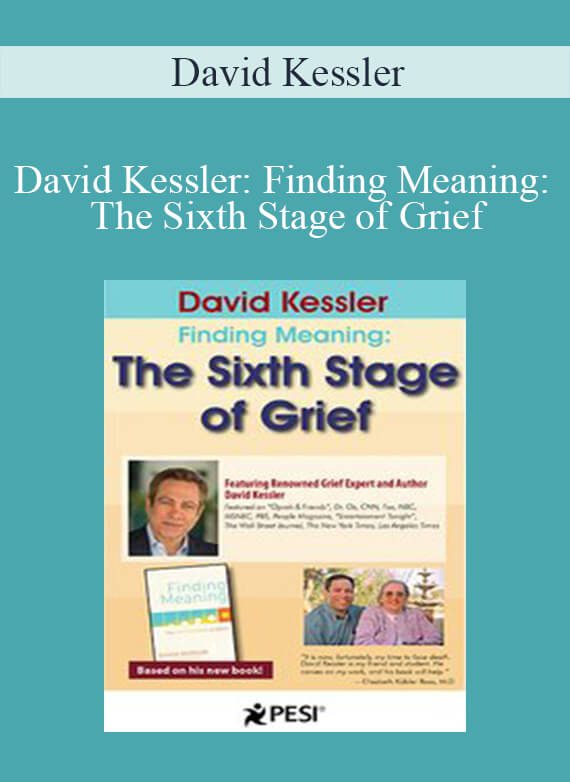
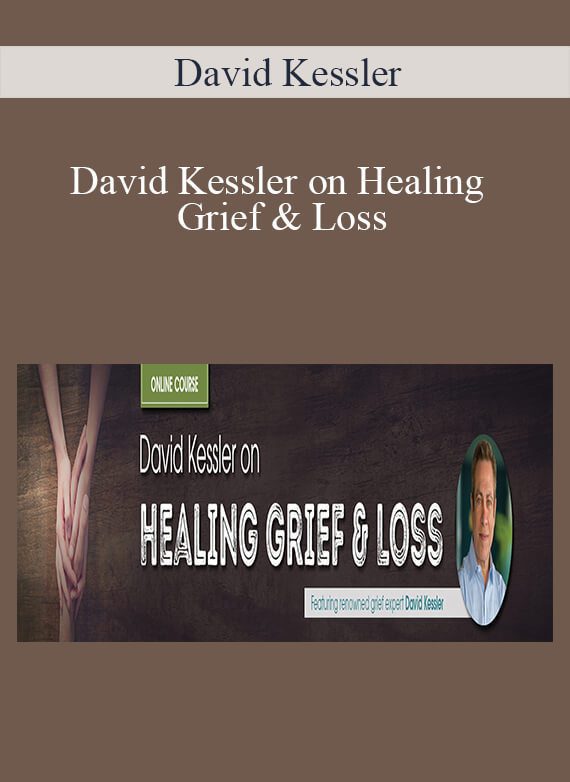
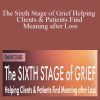
Reviews
There are no reviews yet.